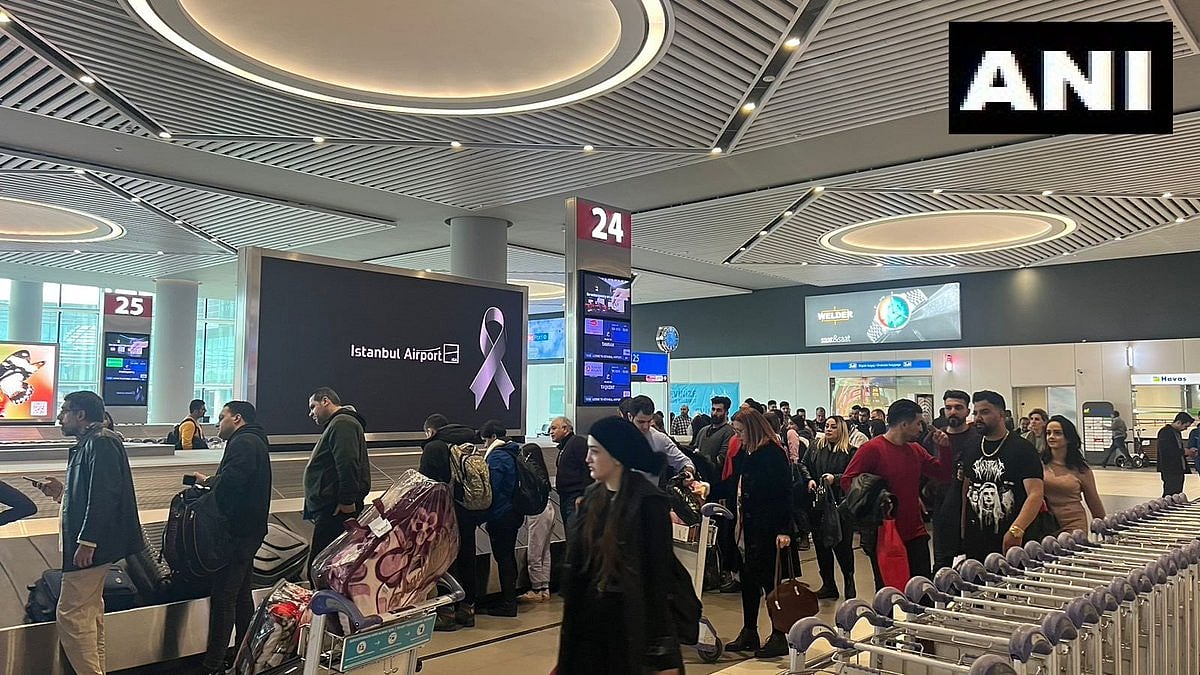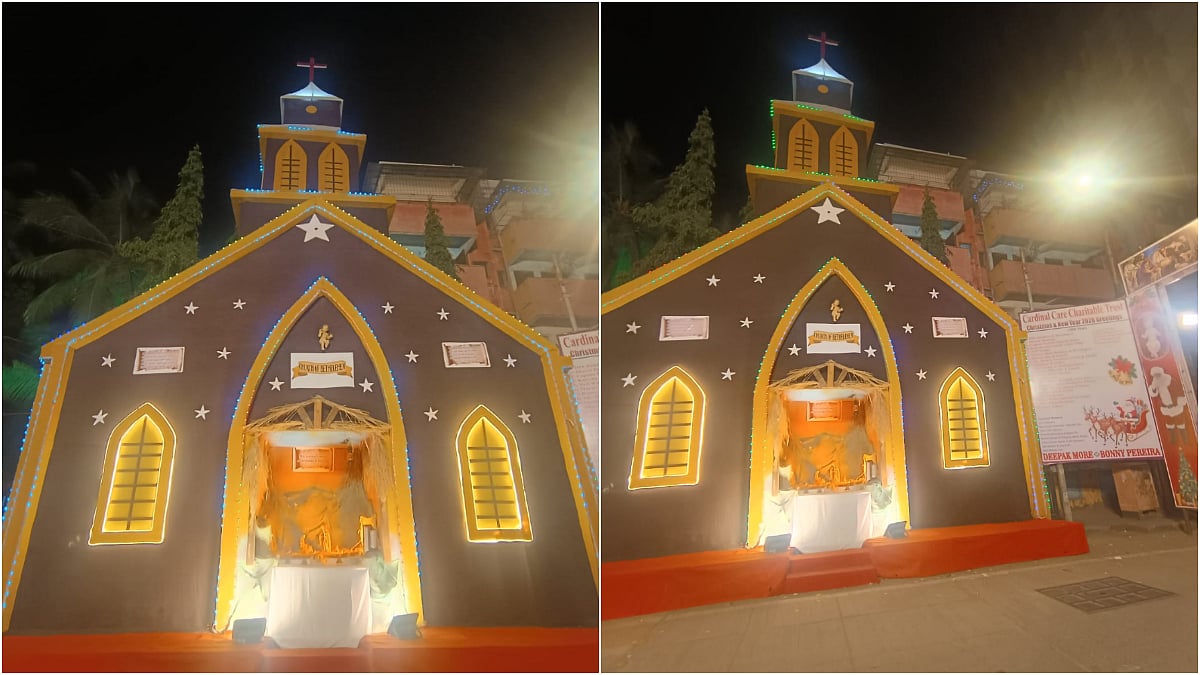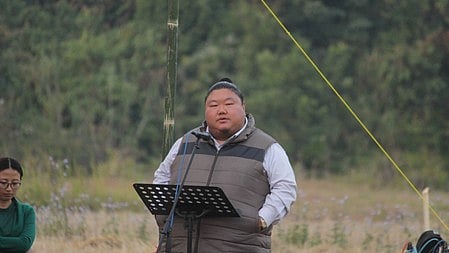On Saturday, the interior minister announced that Germany will provide three-month visas to Turkish and Syrian earthquake victims who have family in the country.
𝗪𝗮𝗻𝘁 𝗧𝘂𝗿𝗸𝗶𝘀𝗵 𝗳𝗮𝗺𝗶𝗹𝗶𝗲𝘀 𝗶𝗻 𝗚𝗲𝗿𝗺𝗮𝗻𝘆 𝘁𝗼 𝗯𝗿𝗶𝗻𝗴 𝘁𝗵𝗲𝗶𝗿 𝗰𝗹𝗼𝘀𝗲 𝗿𝗲𝗹𝗮𝘁𝗶𝘃𝗲𝘀 𝗳𝗿𝗼𝗺 𝗱𝗶𝘀𝗮𝘀𝘁𝗲𝗿 𝗵𝗶𝘁 𝗮𝗿𝗲𝗮𝘀: 𝗜𝗻𝘁𝗲𝗿𝗶𝗼𝗿 𝗺𝗶𝗻𝗶𝘀𝘁𝗲𝗿
German Interior Minister Nancy Faeser told daily newspaper Bild: "This is emergency aid. We want to allow Turkish or Syrian families in Germany to bring their close relatives from the disaster area to their homes without bureaucracy."
The devastating earthquake has claimed the lives of more than 27,000 individuals.
𝗜𝗻𝗶𝘁𝗶𝗮𝘁𝗶𝘃𝗲 𝗳𝗼𝗿 𝘃𝗶𝗰𝘁𝗶𝗺𝘀 𝘁𝗼 𝗳𝗶𝗻𝗱 𝘀𝗵𝗲𝗹𝘁𝗲𝗿, 𝘁𝗮𝗸𝗲 𝗺𝗲𝗱𝗶𝗰𝗮𝗹 𝘁𝗿𝗲𝗮𝘁𝗺𝗲𝗻𝘁: 𝗙𝗮𝗲𝘀𝗲𝗿
According to Faeser, those who meet the criteria can receive "regular visas, issued quickly and valid for three months". The partnership between the foreign ministry and the initiative will enable victims to "find shelter and receive medical treatment" in Germany, she added.
Approximately 2.9 million individuals with Turkish roots reside in Germany, with over half of them being Turkish citizens. Additionally, there is a sizable Syrian community in Germany, estimated at 924,000, due to the open border policy established by former German Chancellor Angela Merkel during the refugee crisis in 2015 and 2016.
There had been 118,000 Syrians in Germany in 2014.










